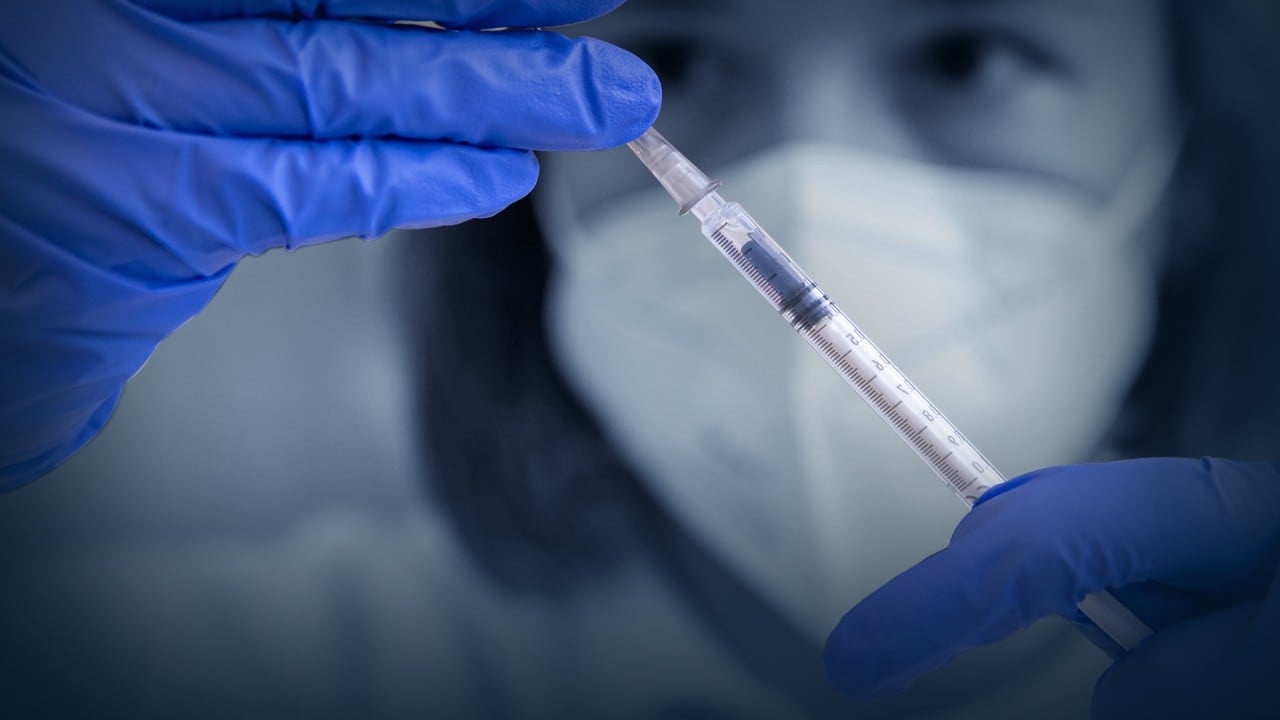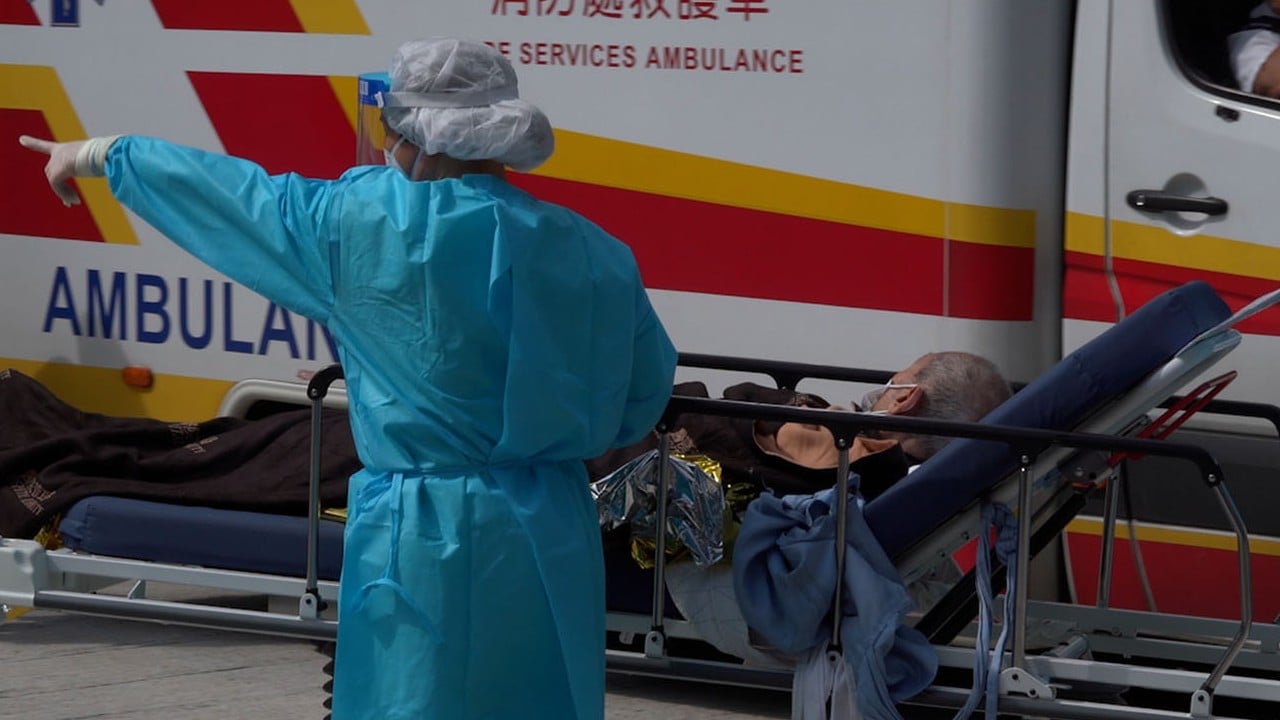
Explainer | Do I still need a coronavirus vaccine or booster if I’ve already had Covid-19?
- Infection can induce antibodies and cause so-called natural immunity but questions remain about how much protection it offers and for how long
- How much protection against Omicron do I have if I tested positive to Alpha, Beta or Delta?
In theory, infection can induce antibodies that may result in so-called natural immunity. But key questions remain. Can they replace vaccination? And can they protect a person from being infected again?
We examine what the regulators and scientific studies tell us.
Does someone who has already been infected need to be vaccinated? If they are vaccinated, should they get boosters?
The answer is yes, and yes. According to the United States Centres for Disease Control and Prevention (CDC), people who have already had Covid-19 and do not get vaccinated after their recovery are more likely to get Covid-19 again than those who get a jab after their recovery.
Since a booster can better protect a person from severe disease, health authorities in many countries advise people to get boosted even after infection, though guidelines vary.
In Singapore, for example, people can receive a booster 28 days after infection, although the recommendation is to be boosted three months after infection.
British health authorities are advising at least a four-week wait after infection before getting a booster, while in Hong Kong there is no urgency for recovered Covid-19 patients to have a third dose, although a first dose is advised.
A study funded by the US CDC released in November last year showed that unvaccinated adults admitted to hospital with Covid-19 were 5.49 times more likely to be reinfected 90 to 179 days later than those who had received two doses of the Pfizer/BioNTech vaccine but were never infected.
A study in the state of Kentucky in the middle of last year showed that the chance of reinfection for the unvaccinated was 2.34 times higher than those who were fully vaccinated.
“These findings suggest that among persons with previous Sars-CoV-2 infection, full vaccination provides additional protection against reinfection,” the paper concludes.
Even mild Covid-19 cases may change the brain, Oxford study finds
The UK Health Security Agency said last month a study it sponsored showed that unvaccinated participants who had been infected with Covid-19 were found to have 86 per cent lower risk of reinfection compared to the risk of primary infection in those who had no previous infection and were also unvaccinated. But the protection wanes over time.
Double protection in people who were both infected and then double vaccinated was greater and more long lasting, standing at over 90 per cent after two doses. This protection remained strong more than a year after infection and more than six months following vaccination, it said.
How long will naturally-acquired protection last? And when should a person receive the first doses or a booster after recovering from infection?
Studies show that, in general, natural infection can protect for around six months, with immunity starting to wane after four to six months. A study by Johns Hopkins University showed that people who had two mRNA vaccine doses but were infected later had longer protection than those who were infected but unvaccinated.
“It is important to remember that some people with antibodies to Sars-CoV-2 may become infected after vaccination (vaccine breakthrough infection) or after recovering from a past infection (reinfected). Based on what we know right now, risk of reinfection is low for at least the first six months following an infection with the virus that causes Covid-19 diagnosed by a laboratory test,” the US CDC said.
The CDC said that to prevent passing the virus on to others in a vaccination centre, people who had recovered from Covid-19 could receive vaccines after they returned negative test results and after they had completed their isolation period.
Hong Kong health authorities advised that one shot was enough for those who had already been infected, although they could receive a second dose six months after the first on the advice of a doctor.
If a person is infected by other variants and has recovered, will they be adequately protected against the Omicron variant?
Deltacron: could it happen for real and would it be a threat?
Since late January, Britain has included data about possible reinfection, referring to patients infected at least three months after a previous infection, after a surge of reinfection occurred with the emergence of the Omicron variant.
Before mid-November, reinfections accounted for about 1 per cent of reported Covid-19 cases, but the rate has risen to around 10 per cent, according to the UK Health Security Agency.
If a booster shot is still required, which type of vaccine is most effective, according to studies?
Regardless of whether a person has been infected previously or not, scientists suggest any vaccine that is approved and accessible is suitable. In any event the public in most countries has no say in what vaccine they receive.
It has become clear that even mRNA vaccines – supposedly the most effective against previous variants of Covid-19 – cannot completely prevent the transmission of the Omicron variant, but any approved vaccine helps reduce disease severity and death.



